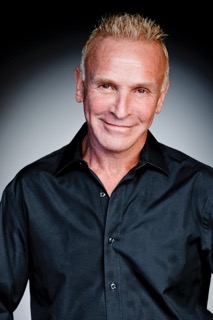
Jonny Bowden – The Proof is in the Pork #305
What You Will Hear (note: timestamps represent audio, YouTube may differ)
- 0:00 – Five 4 Club
- 1:34 – Cool Fact of the Day
- 1:55 – Bouqs
- 3:10 – Introducing Jonny Bowden
- 5:37 – The low-fat diet myth
- 9:11 – Jonny’s nutritional turning point
- 15:58 – Thoughts on evidence-based diet claims
- 24:59 – Mycotoxin-contaminated food
- 27:20 – Plant-based fats
- 34:05 – Quality pork
- 36:30 – Recommended Omega ratios
- 44:06 – Biochemical individuality
- 46:52 – Suspect foods
- 48:25 – Top 3 recommendations for to kick more ass and be Bulletproof!
Featured
The Bouqs promo code: bullet
Five 4 Club promo code: bulletproof
Resources
Gary Taubes: Good Calories Bad Calories
Dr. Atkins’ New Diet Revolution
Silicon Valley Health Institute
Roger Williams: Biochemical Individuality
If You Meet the Buddha on the Road Kill Him
Bulletproof
The Bulletproof Guide to Omega 3 Vs. Omega 6 Fats
Questions for the podcast?
Leave your questions and responses in the comments section below. If you want your question to be featured on the next Q&A episode, submit it in the Podcast Question form! You can also ask your questions and engage with other listeners through The Bulletproof Forum, Twitter, and Facebook!
Subscribe To The Human Upgrade
In this Episode of The Human Upgrade™...
BOOKS
4X NEW YORK TIMES
BEST-SELLING SCIENCE AUTHOR
Smarter
Not Harder
Smarter Not Harder: The Biohacker’s Guide to Getting the Body and Mind You Want is about helping you to become the best version of yourself by embracing laziness while increasing your energy and optimizing your biology.








